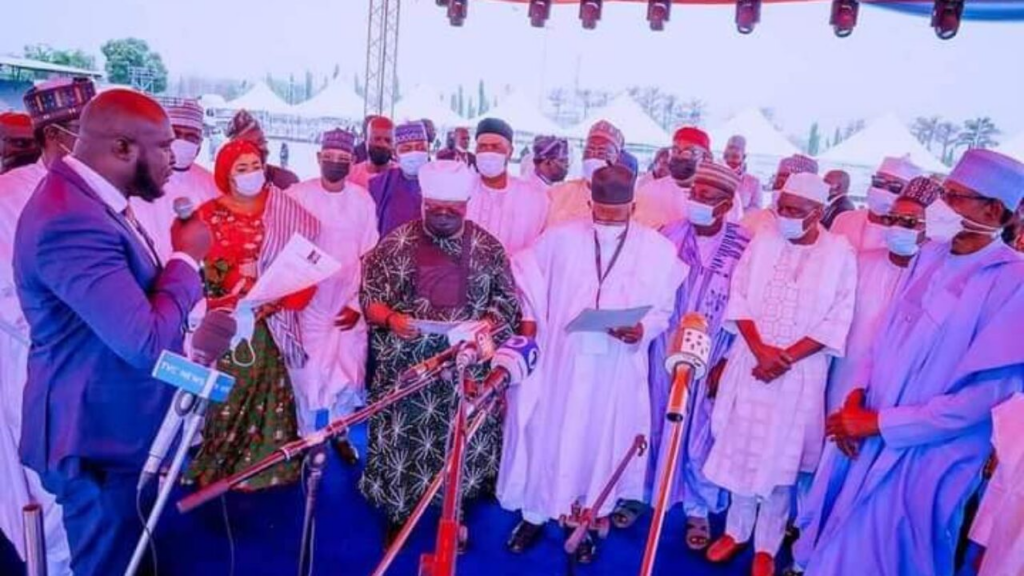The Nigerian Women Trust Fund (NWTF) blames political parties for the lack of female representation in the country’s political arena.
This was stated by Mufuliat Fijabi, the chief executive officer of NWTF, during a workshop on gender-responsive policymaking for political parties in Abuja.
Ms. Fijabi, lamenting the low number of women elected representatives in the general elections of 2023, urged political parties to support and encourage women by assuring a level playing field within the party structure through gender inclusion.
“The level of gender inclusion in Nigeria’s political space is still exceedingly low; it is appalling. “This election has shown us that we have a long way to go in terms of women’s inclusion and women becoming elected representatives,”
The Nigerian Women Trust Fund (NWTF) blames political parties for women’s political underrepresentation.

Ms. Fijabi stated. “Therefore, we will not leave political parties alone because we know that more women will emerge if there is a level playing field within political parties.”
She continued, “Not only will they emerge as candidates for political parties, but also as elected representatives.” Therefore, we are holding all political parties in Nigeria accountable for the lack of female participation in politics.”
Santiago Stocker, resident program director of the International Republican Institute (IRI) in Nigeria, emphasized the need for additional gender-responsive policymaking strategies.
Mr. Stocker asserted, “Policymaking has become an integral part of the governance process, and the incorporation of gender into the policymaking process will assist in addressing the challenges of women’s participation and service delivery.” “This is crucial not only for party democracy and membership. It is also significant due to the role political parties play in increasing women’s participation in the political process as a whole.”
Political parties, according to him, are a microcosm of the larger political process.
If parties are exclusive, detached, and clandestine decision-making bodies, the political system as a whole will reflect this. If parties are inclusive, transparent, and committed to formulating policies that address the needs of their supporters and constituents, this will be reflected in the political system as a whole. This will be a significant advance,” he said.

Dudu Manuga, the national women leader of the Labour Party, stated that the party was preparing women to assume key leadership positions within its structure and beyond.
“By 2027, when our party holds its congresses, we hope to have more women in the party structure, not just as officials. We’ve begun to encourage women to come out. It is not a world of men. Politics is for both men and women, Ms. Manuga emphasized. If women are not at the table, women’s issues cannot be adequately addressed in governance.



